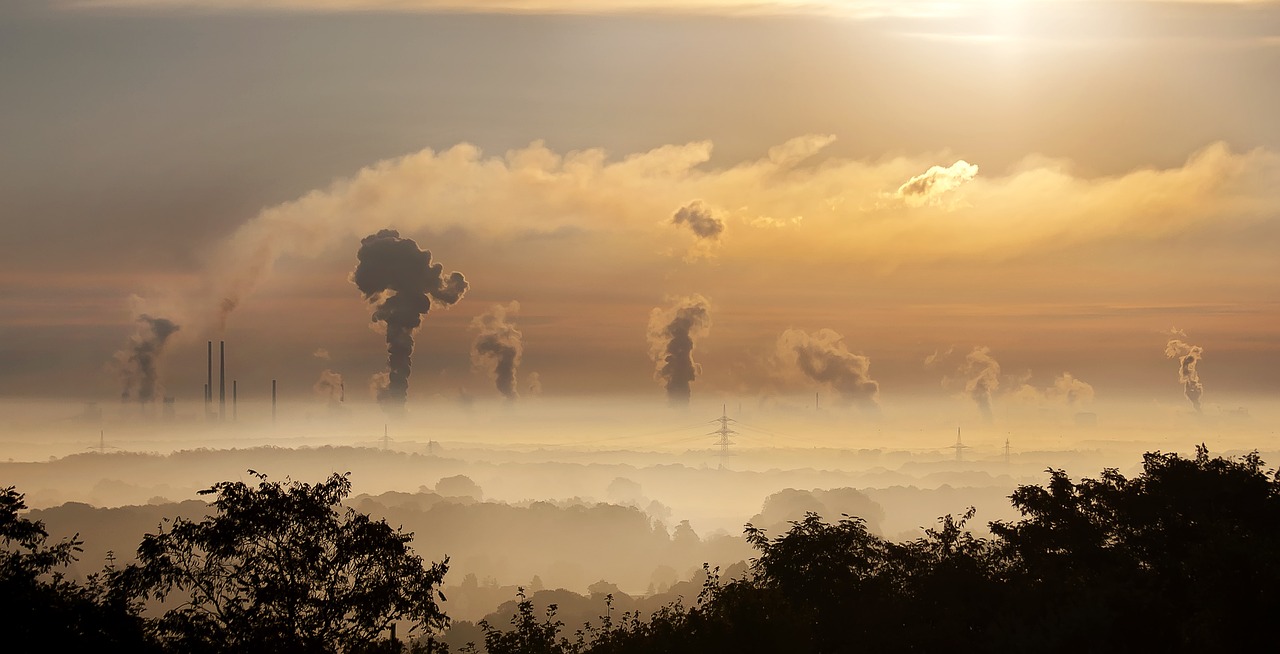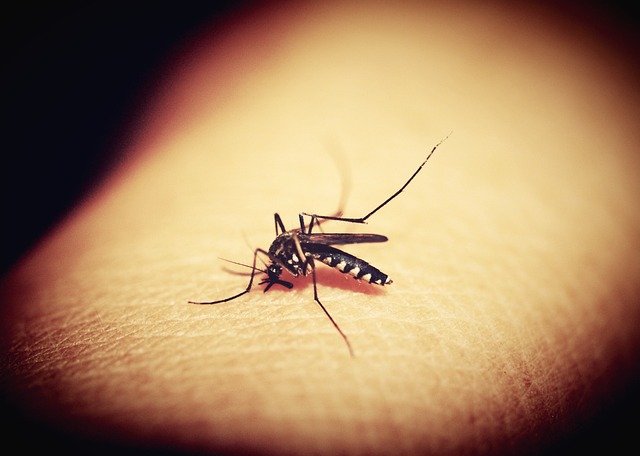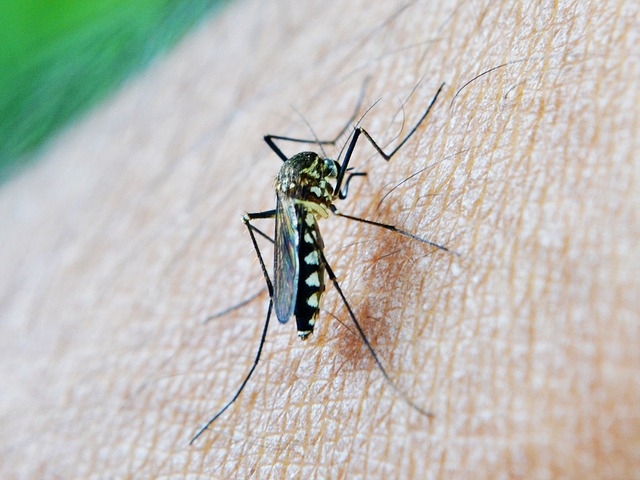We all know exactly what air pollution is and the damaging effects this has on our bodies, but are we aware on the impact it has on little lungs?
Every day around 93% of the world’s children under the age of 15 years (1.8 billion children) breathe air that is so polluted it puts their health and development at serious risk. Tragically, many of them die: WHO estimates that in 2016, 600,000 children died from acute lower respiratory infections caused by polluted air. A new WHO report on Air pollution and child health examines the heavy toll of both ambient (outside) and household air pollution on the health of the world’s children, particularly in low-and middle-income countries and in polluted cities. This crisis has spurred the launch for WHO’s first ever Global Conference on Air Pollution and Health.
More than 90% of the world’s children breathe toxic air every day
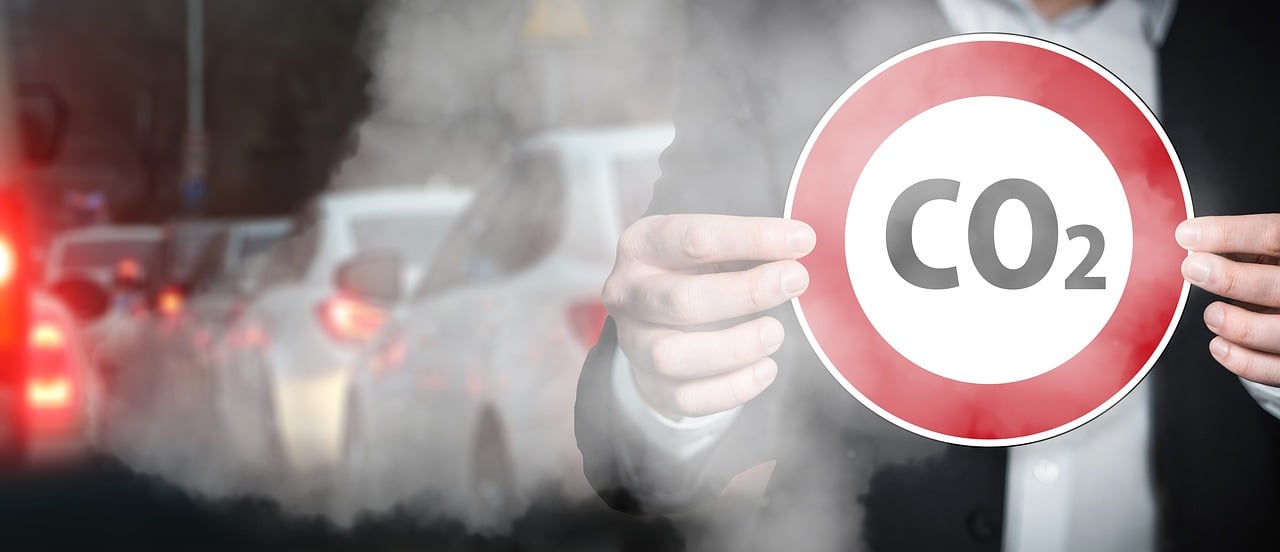
The present conditions in Thailand with increasing traffic and seasonal burning across Thailand has resulted in awful air pollution once again and there has been noticeable higher accumulations of particulate matter over the last month, with high pollution levels expected to continue in the new term. Especially since particulate matter (specifically PM10 and PM2.5) is composed of extremely small particles that are more likely to remain airborne without rain. The accumulation of these fine particles thus increases the likelihood of exposure to airborne irritants and allergens.
PM2.5 The Invisible Dangers to Prenatal Babies
Each and everyday we are inhaling small particles that cause harm to our lungs, brains, hearts and instigates a various of other health issues. PM2.5 is the most dangerous particle. It can range from soot to soil dust to sulphites and is only 2.5 microns which means it can bury its way into deep areas of your lungs and occasionally even your blood. Excessive amounts of fine particles have also been shown to contribute to other ailments, such as diabetes, mental health and can impair the cognitive development in children.
Newborns and young children have smaller airways that are still growing which means they are more sensitive to inhaling contaminated air than adults. Kids also breathe faster than adults, allowing them to inhale more pollution. Children also, are typically quite short, meaning their faces are closer to the ground, exhaust pipes, cigarette smoke etc., and we have all seen how fast dust settles and how quickly this can accumulate in our homes, imagine that settling in little lungs. Since the majority of children are quite active outdoors they are most likely to be exposed to pollution sometimes without even knowing it, it’s one of the most invisible dangers our kids are facing today. Not only can the PM2.5 particles cause infections like pneumonia, wheezing and coughing, they also increase a child’s chances of acquiring asthma or aggravating the asthma they might already have, long term exposure could even increase their chances of getting lung cancer as they get older.
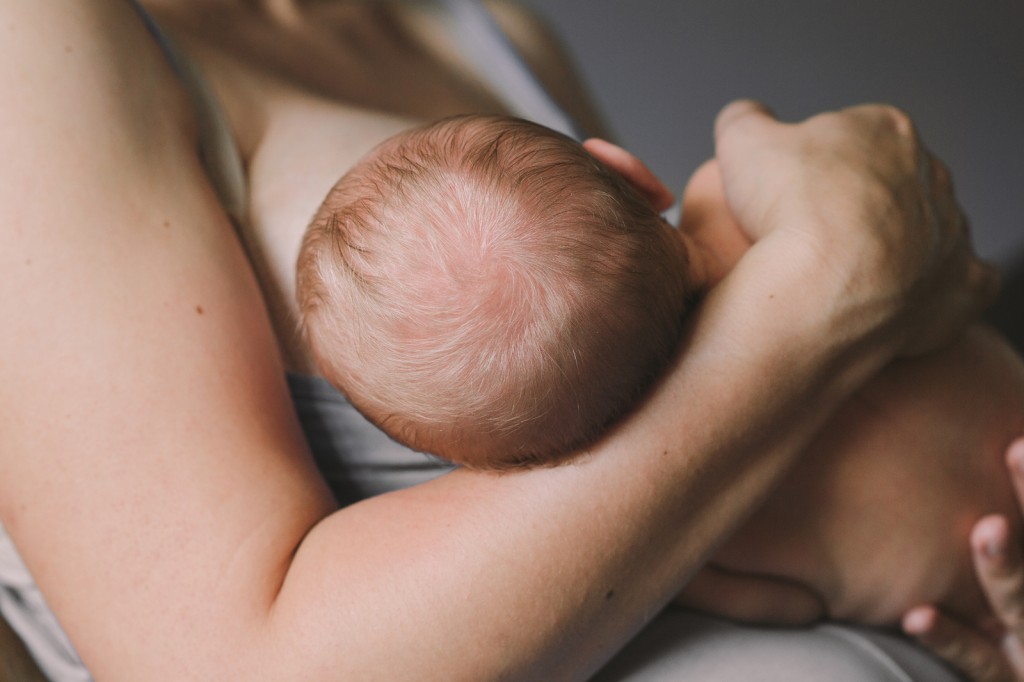
Unfortunately a consequence of being exposed to air pollution while pregnant is that it can have an impact on a babies lung development, in addition to this research suggests that long term exposure can also result in premature birth and low birth weight. Although you can not completely avoid air pollution during pregnancy, there are steps you can take to limit the amount of pollution you and your pre-natal baby are exposed to.
How does air pollution affect children’s lungs? – British Lung Foundation
How to Reduce the Risks of Air Pollution Exposure
Take into consideration the location you live. Air pollution is considerably worse in large cities but its not feasible for everyone to just move so here are some more practical suggestions to reduce the risk of exposure.
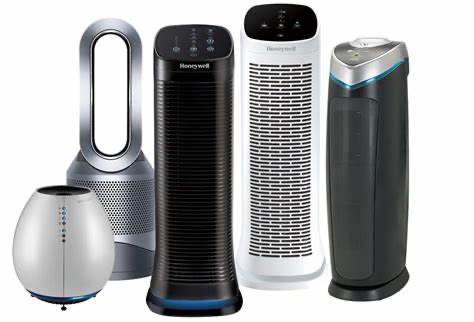
- Find a reliable app/site that shows you the pollution index in your area and regularly check the pollution level forecasts. Many of the schools will have technological monitors installed and a good gauge is to check your app and the air quality monitored from your closest or your child’s school.
- Air purifiers are highly recommended for the most used/common areas of the house and for your child’s bedroom where they are breathing for a long period of time in one place.
- Encourage your family to wear masks with filters attached during the most hazardous days.
- Burn essential oils to purify the air in your home.
- Avoid smoking areas and people smoking around you and your children.
- Avoid exposure to household chemicals by switching to chemical free products instead.
- If you enjoy walking and cycling try going to clean air environments and avoid busy trafficked roads so that you don’t inhale the fumes.
- Limit where possible using motorcycles and tuk tuks, most will sit behind cars and buses in busy traffic or at junctions and you will inhale the toxic fumes directly.
- Staying away from pollution hotspots and times (the central road during rush hour.)
- Consider buying air purifying plants to put around the house.

